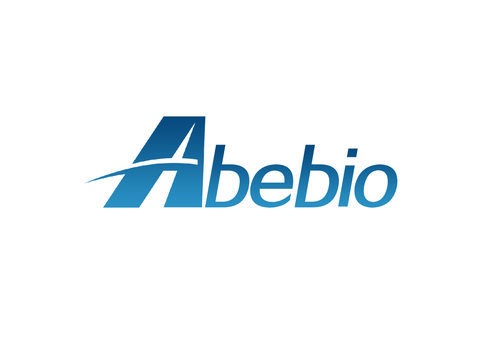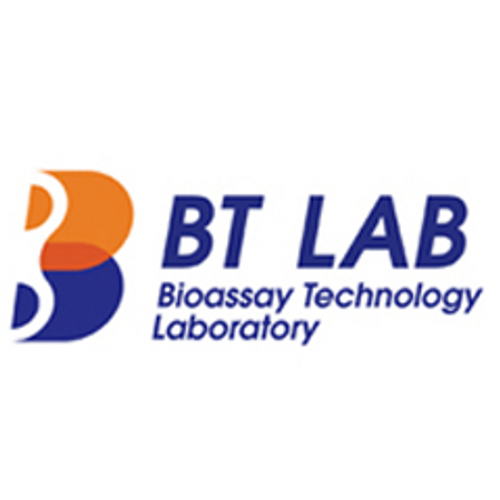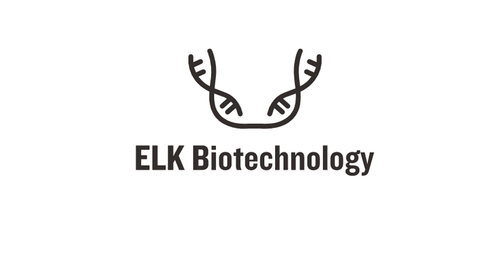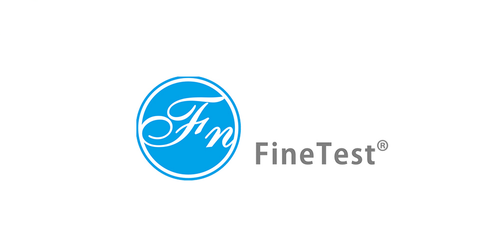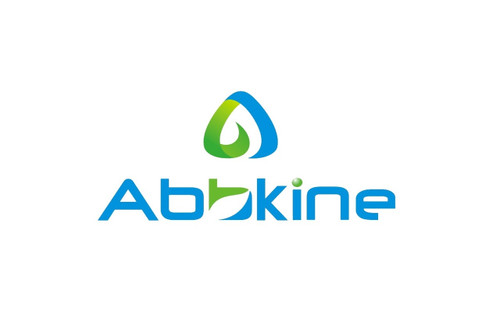Product Description
Rat Thyroid Stimulating Hormone (TSH) ELISA Kit | AE13130RA | Abebio
Species Reactivity: Rat (Rattus norvegicus)
Abbreviation: TSH
Alternative Name: N/A
Application: ELISA
Range: 185.2-15000 pg/mL
Sensitivity: 74.5 pg/mL
Intra-Assay: ≤5.9%
Inter-Assay: ≤8.6%
Recovery: 1, 08
Sample Type: Serum, Plasma, Other biological fluids
Detection Method: Sandwich
Analysis Method : Quantitive
Test Principale: This assay employs a two-site sandwich ELISA to quantitate TSH in samples. An antibody specific for TSH has been pre-coated onto a microplate. Standards and samples are pipetted into the wells and anyTSH present is bound by the immobilized antibody. After removing any unbound substances, a biotin-conjugated antibody specific for TSH is added to the wells. After washing, Streptavidin conjugated Horseradish Peroxidase (HRP) is added to the wells. Following a wash to remove any unbound avidin-enzyme reagent, a substrate solution is added to the wells and color develops in proportion to the amount of TSH bound in the initial step. The color development is stopped and the intensity of the color is measured.
Product Overview: Thyrotropin-stimulating hormone (TSH) is a noncovalently linked glycoprotein heterodimer and is part of a family of pituitary hormones containing a common alpha subunit (TSHA) and a unique beta subunit that confers specificity.Using bovine TSHB cDNA as probe, Hayashizaki et al. (1985) cloned TSHB from human liver and leukocyte genomic DNA libraries. Human TSHB encodes a deduced protein consisting of a 20-amino acid signal sequence, a mature protein of 112 amino acids, and a C-terminal extension of 6 hydrophobic amino acids. Wondisford et al. (1988) also cloned the human TSHB gene.Wondisford et al. (1988) determined that the TSHB gene contains 3 exons, the first of which is noncoding. The rat TSHB gene also contains one 5-prime noncoding exon, whereas the mouse Tshb gene contains 3.
Stability: The stability of ELISA kit is determined by the loss rate of activity. The loss rate of this kit is less than 5% within the expiration date under appropriate storage condition. The loss rate was determined by accelerated thermal degradation test. Keep the kit at 37°C for 4 and 7 days, and compare O.D.values of the kit kept at 37°C with that of at recommended temperature. (referring from China Biological Products Standard, which was calculated by the Arrhenius equation. For ELISA kit, 4 days storage at 37°C can be considered as 6 months at 2 - 8°C, which means 7 days at 37°C equaling 12 months at 2 - 8°C) .
 Euro
Euro
 USD
USD
 British Pound
British Pound
 NULL
NULL



